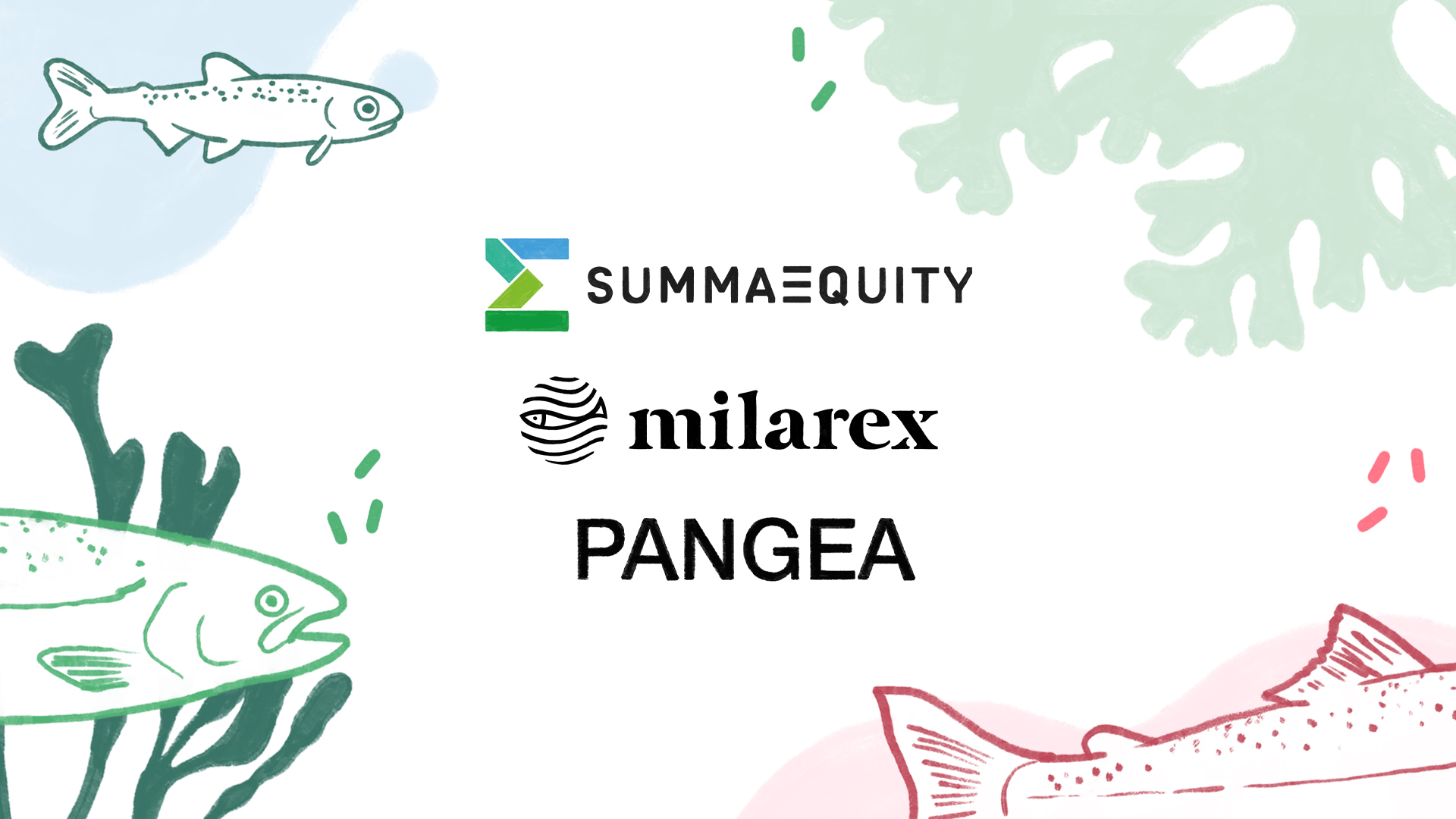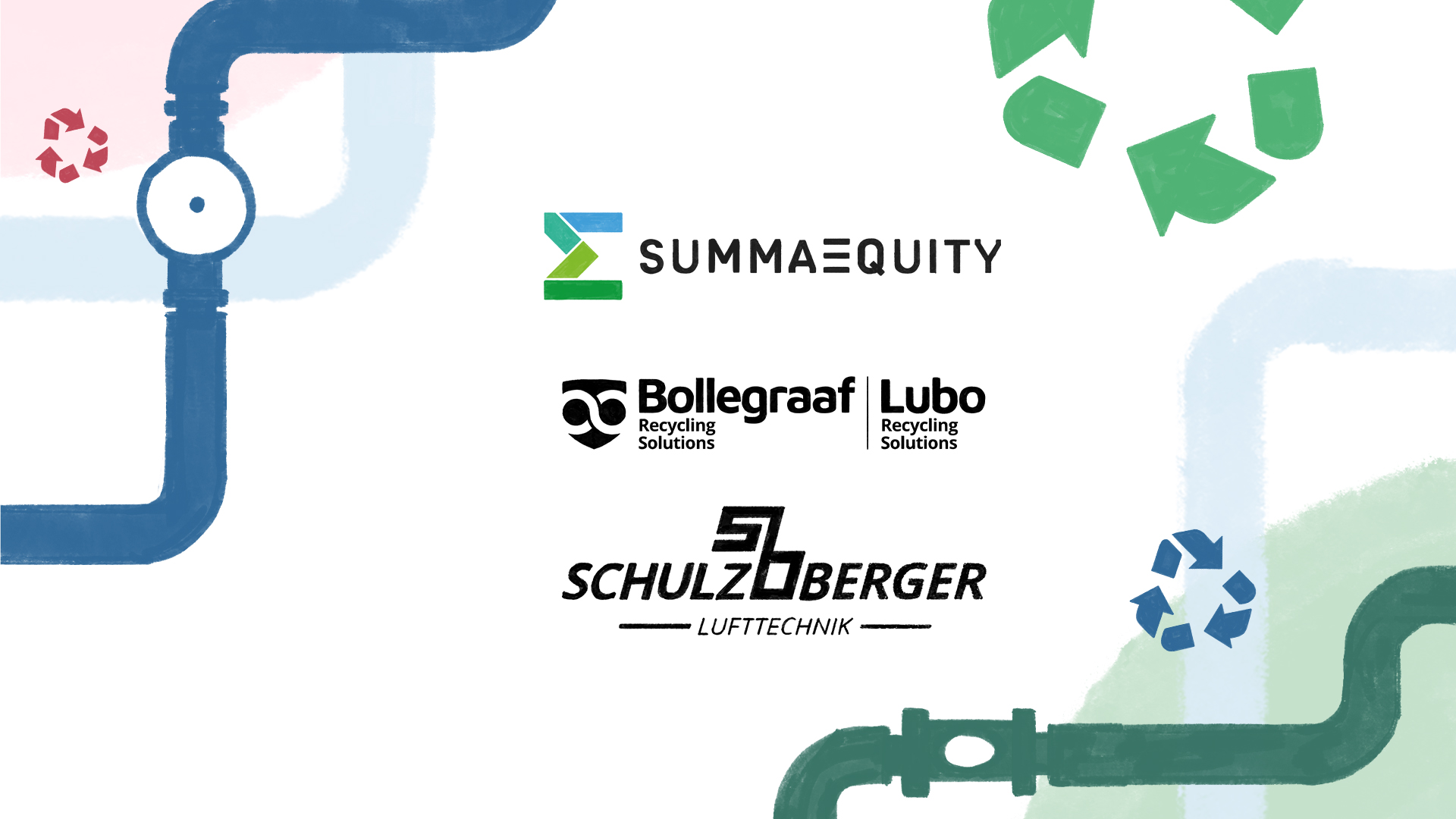Reynir in IPE: PE must work towards measuring impact of sustainable investing
While EU regulation is a positive development, which will bring greater standardisation to ESG reporting, investors, organisations and regulators must aim to go further.
- News
2 min read

With those words, Reynir introduces a letter to the Investment & Pensions Europe (IPE). IPE is a pan-European publication aimed at professionals working in institutional asset management. Summa’s founder and managing partner argues that we must move past the idea of ESG as a ‘nice to have’ and treat it as seriously as we do traditional financial accounting.
ESG reporting today: A tick box approach
Under most current frameworks, ESG reporting typically involves completing a list of requirements to confirm that firms consider various factors when investing. One leading example is the Principles for Responsible Investment (PRI), a voluntary framework which asks firms to make disclosures about the processes and structures that they have in place.
Questions might include: Do you have a sustainability policy? Or: do you have a dedicated ESG leader? The EU disclosure regulations will largely take a similar tick-box approach, while also considering certain key adverse outcomes.
A tick box style of reporting has its value, acting as a minimum standard if you are a responsible investor. It enables firms to understand how to encourage sustainable investment practices and the right processes and behaviours to avoid negative externalities.
However, according to Ryenir, where it falls short is that it purely looks at inputs, rather than the actual results of those policies and practices. So, a firm might have a sustainability policy, but how has that translated into reducing carbon emissions or resource efficiency in portfolio companies?
Read the entire article at Investment & Pensions Europe (IPE).
The Summa Summarum newsletter
Sign up to our newsletter
Latest readings
News
Summa Equity exits Milarex
Read more
Reflections from the Summa Summit and our 9th Annual Investor Meeting 2025
Read more
Summa Equity completes full exit of Infobric
Read more
Investing in cybersecurity for a secure and resilient digital future
Read more
myneva Group, part of Summa Equity, acquires Kuidado GmbH and strengthens digitalization in social sector
Read more